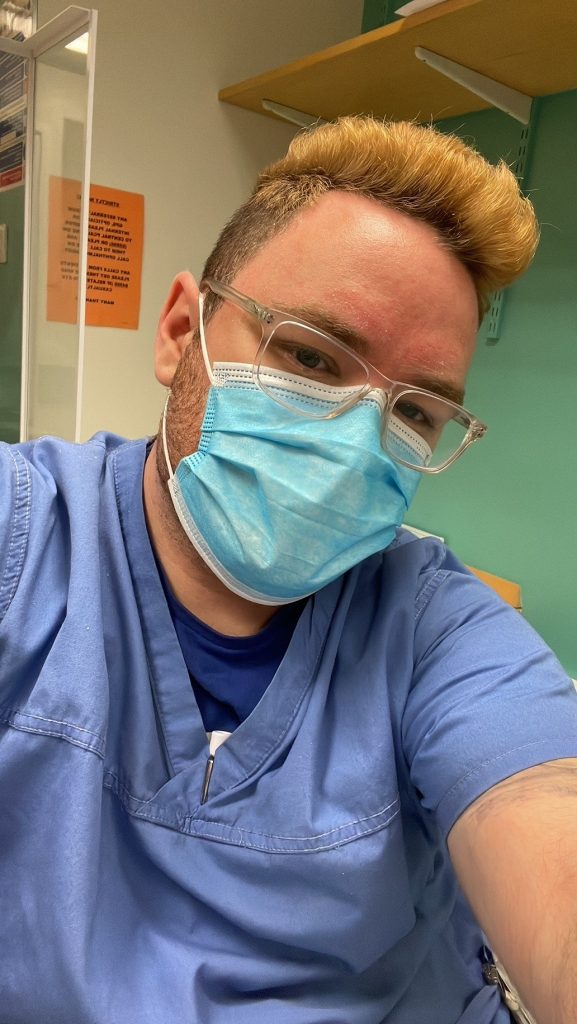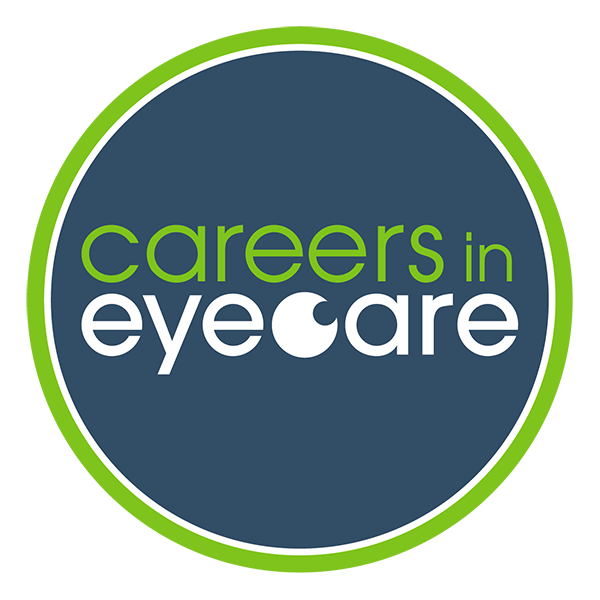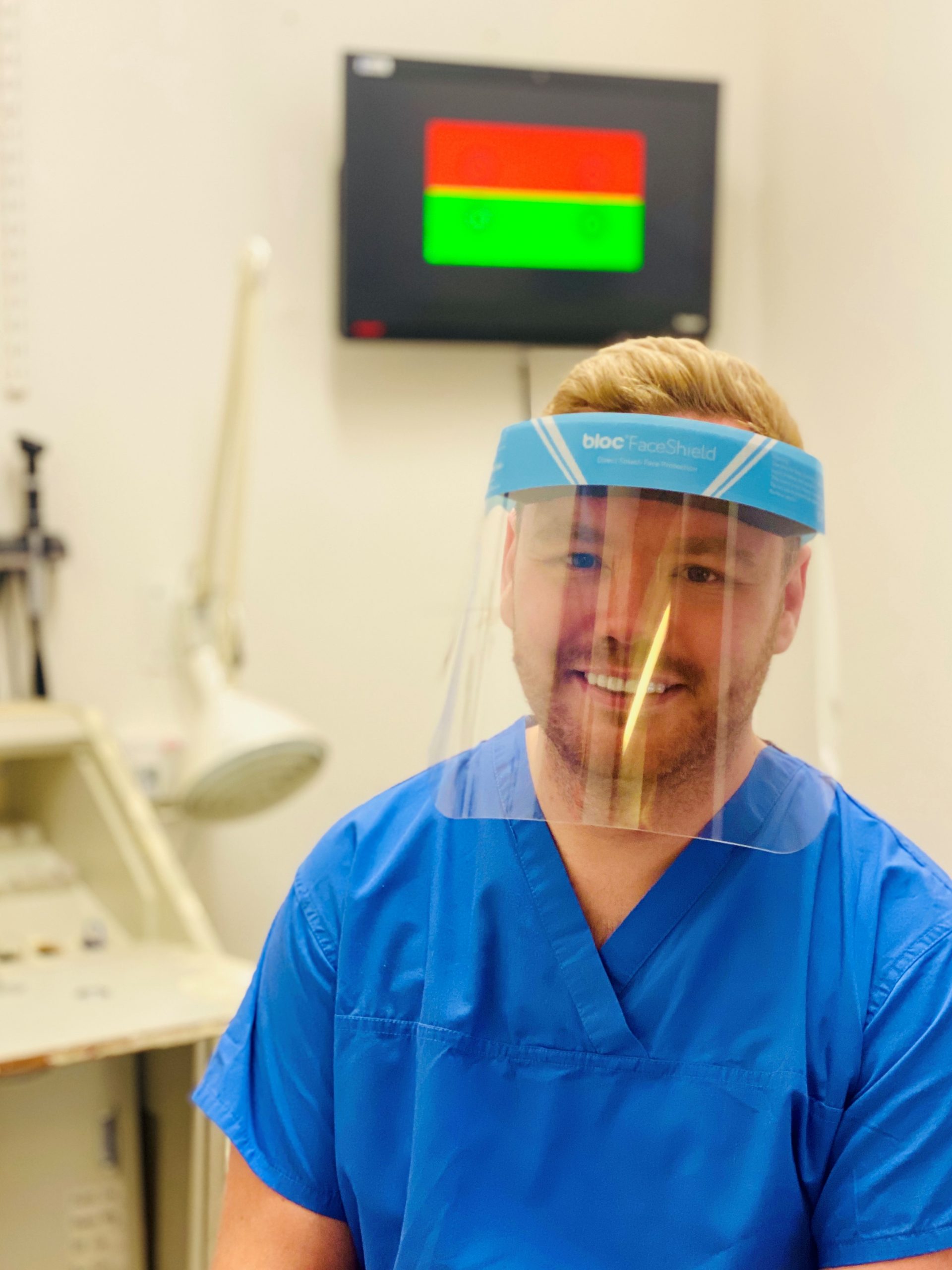Josh Smith works as a low vision optician. Read on to find out about his day.
What do you start with every day?
I start every day by reviewing my patient list for the morning and afternoon clinics. This allows me to get an idea of what to expect from each appointment. I also catch up with the ECLO to see if there are any new admissions within the hospital that require any support during their stay.
What do you love about your job?
I love being able to make a difference. The thing about low vision practice is it’s not just concerned with the patient’s optical care but extends to their social wellbeing. I may see a patient that unfortunately I can’t help with optical aids, however I can organise social support, communicator guides and mobility assessments to reduce the risks of falls.
What are the challenges?

Working within the hospital eye service I often find my patients are very complex. When you match this with a low vision assessment you often find that patients’ needs can be extensive. However, I thrive on this. A challenge I have found is understanding the patients’ medical needs, however through a combination of continuing education and professional development and practice-based training I have been able to enhance my knowledge base.
What do you do to wrap up the day and prepare for the next one?
When working as a low vision optician I feel practitioner self-care is extremely important. During Covid myself and a colleague found that our usual support networks had broken down. As a result, we started daily end of clinic debrief sessions. We invited all members of the team working that day to participate, these ranged from nursing staff to ophthalmic doctors. It is a good way to talk about the good and bad points of the day and allows us all to work through any challenges we have faced.
Want to know more? Read about how to become a low vision optician here.

